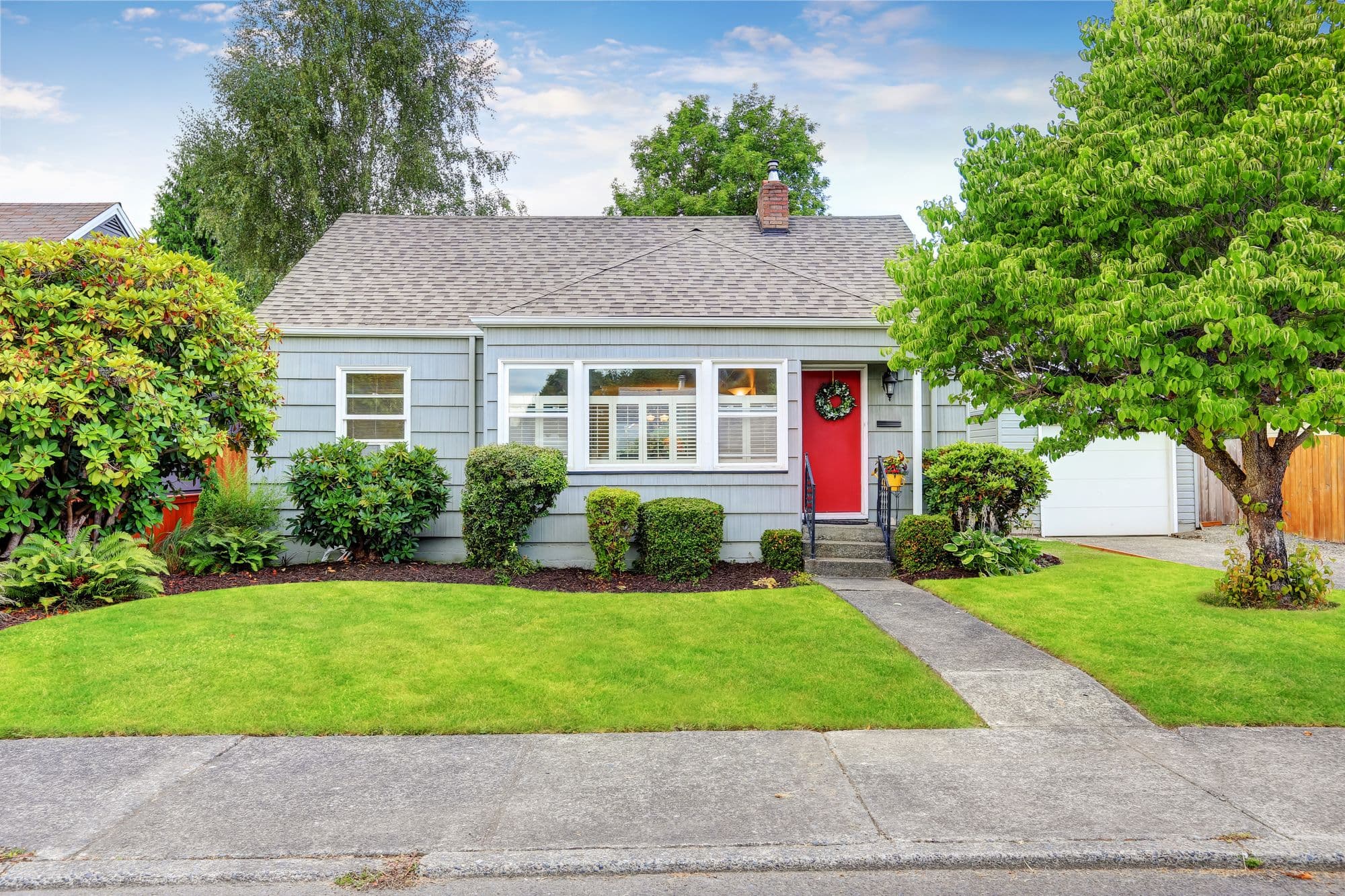15-Year Mortgage Rates
Compare today’s 15-year mortgage rates. Learn how a shorter term can save you money, build equity faster, and help you pay off your home sooner.
15-Year Mortgage Rates: What You Need to Know in 2025
When it comes to financing a home, choosing the right mortgage term is just as important as finding the best interest rate. A 15-year mortgage offers a faster path to full homeownership and can save you tens of thousands of dollars in interest, if the monthly payment fits your budget.
This guide will walk you through everything you need to know about 15-year mortgage rates, how they compare to other loan terms, and when it might make sense to choose one.
What Are 15-Year Mortgage Rates?
15-year mortgage rates refer to the interest rate on a home loan that is repaid over 15 years, as opposed to the more common 30-year term. Because the repayment period is shorter, lenders typically offer lower interest rates on 15-year mortgages. That means more of your payment goes toward the principal early on, helping you build home equity faster.
In 2025, 15-year mortgage rates remain a popular choice for borrowers looking to pay less interest over the life of their loan, even if it means a higher monthly payment.
Pros of a 15-Year Mortgage
- Lower interest rates: Typically lower than 30-year fixed rates, saving you money over time.
- Faster payoff: Own your home in half the time and become debt-free sooner.
- Significant interest savings: Pay less overall for your home.
- Build equity quickly: More of your payment goes toward your loan balance from day one.
Cons of a 15-Year Mortgage
- Higher monthly payments: You’ll pay significantly more per month compared to a 30-year loan.
- Less flexibility: The higher payment can limit your ability to save or invest elsewhere.
- May reduce home affordability: You might qualify for a smaller loan amount due to the higher payments.
Who Should Consider a 15-Year Mortgage?
A 15-year loan could be a great fit if:
- You have a stable income and want to eliminate debt quickly.
- You plan to stay in your home long-term.
- You want to maximize savings on interest.
- You're refinancing a current mortgage and want to shorten your term.
If you’re unsure whether a 15-year mortgage is right for you, try running the numbers with our mortgage calculator to see how the monthly payment compares to other options.
15-Year Mortgage Rates vs. 30-Year Mortgage Rates
| Term | Pros | Cons |
|---|---|---|
| 15-Year Loan | Lower interest rates, faster payoff, significantly less total interest over time | Higher monthly payments that may strain monthly cash flow |
| 30-Year Loan | Lower monthly payments, more affordability and budgeting flexibility | More interest paid over the life of the loan, slower equity build-up |
Generally, 15-year mortgage rates are about 0.5% to 0.75% lower than 30-year rates. That difference can mean thousands in savings if you can handle the higher monthly payment.
Current 15-Year Mortgage Rates in 2025
Mortgage rates can change daily based on economic conditions, inflation, and Federal Reserve policy. In general, rates in 2025 have been stable but remain sensitive to shifts in inflation and job growth.
To get the best deal, compare multiple lenders and lock in your rate when market conditions are favorable. Even a small change in interest rate can make a big difference over a 15-year term.
How to Qualify for the Best 15-Year Rates
To secure a competitive 15-year mortgage rate, lenders typically look for:
- A strong credit score (generally 700+)
- A low debt-to-income (DTI) ratio
- Steady income and employment history
- A reasonable loan-to-value (LTV) ratio (often 80% or lower)
If you don’t meet all of these criteria today, consider improving your credit or saving for a larger down payment before applying.
Should You Refinance to a 15-Year Mortgage?
If you currently have a 30-year mortgage, refinancing to a 15-year loan could help you pay off your home faster and save on interest, especially if today's rates are lower than your original rate.
Use our refinance calculator to see how your monthly payment and interest costs could change with a 15-year term.
Final Thoughts
A 15-year mortgage isn’t right for everyone, but it can be a smart strategy for those looking to save money, build equity quickly, and pay off their home faster. The key is balancing your monthly payment with your other financial goals.
Before locking in a loan, shop around with multiple lenders, compare rates, and run the numbers. A little preparation today can lead to big savings tomorrow.
FAQs About 15-Year Mortgage Rates
1. What are 15-year mortgage rates right now?
15-year mortgage rates in 2025 are generally lower than 30-year fixed rates, averaging between 5.75% and 6.25%, depending on the lender and your credit profile. Rates fluctuate daily based on market conditions, so it’s a good idea to check with multiple lenders or use a rate comparison tool for the most current offers.
2. Will 15-year mortgage rates drop in 2025?
While no one can predict rates with certainty, 15-year mortgage rates in 2025 are closely tied to inflation and Federal Reserve policy. If inflation continues to cool and the Fed reduces interest rates, mortgage rates, including 15-year terms, may trend lower. Watching economic reports and staying in touch with a lender can help you decide when to lock in a rate.
3. How much is a 15-year mortgage on a $500,000 house?
On a $500,000 home with a 20% down payment and an interest rate of 6%, your estimated monthly principal and interest payment on a 15-year mortgage would be around $2,700. This does not include property taxes, homeowners insurance, or HOA fees, which vary by location. Use our mortgage calculator for a more accurate monthly estimate.
4. Is a 15-year mortgage cheaper than a 30-year mortgage?
Yes and no. A 15-year mortgage has a higher monthly payment, but it's usually cheaper over the life of the loan due to lower interest rates and a shorter repayment period. You’ll pay significantly less in total interest compared to a 30-year mortgage.
5. Can I refinance into a 15-year mortgage?
Absolutely. Refinancing from a 30-year to a 15-year mortgage is a popular way to reduce interest costs and pay off your home faster. Just make sure the new monthly payment fits within your budget before making the switch.



![When Will Mortgage Rates Go Down? [2025 Guide]](/_next/image/?url=https%3A%2F%2Fs3-us-west-2.amazonaws.com%2Fwhatsmypayment.com%2Fcontent%2Fimages%2F2025%2F03%2FWhen-Will-Mortgage-Rates-Go-Down---2025-Guide-.jpeg&w=3840&q=75)